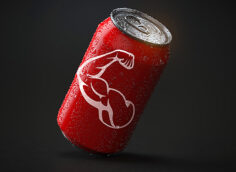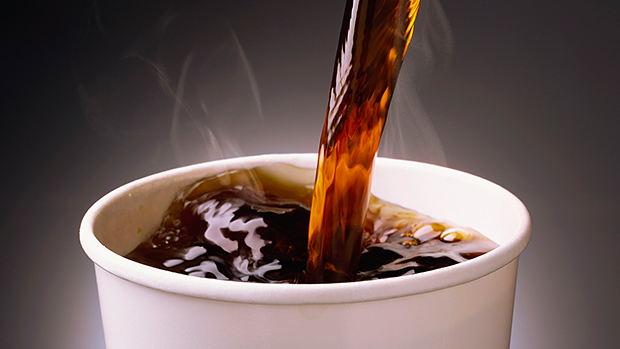The Tough Part
If you speak to anyone who's pushed the boundaries of muscle growth, they'll tell you that the training is the easy bit. Eating 4000 to 6000 calories – day in, day out – is the tough part.
While it seems like a no-brainer, most people struggling to build muscle simply aren't eating enough. So how much should you be eating? A good starting point for most people would be around 16-18 calories per pound of bodyweight. This'll place you at slightly above-maintenance calories. From here, see how your body responds after 10-14 days and then adjust accordingly.
When setting up your diet for muscle growth, use these guidelines for your macronutrient intake:
- Aim for around 1 to 1.2 grams of protein per pound of bodyweight each day
- Aim for around 20-30% calories to come from fat
- Save the remainder of your calories for carbs
If we've got a 175-pound male, these guidelines will give him a starting point of 2800 calories (16 kcal/pound) and goals of 175 grams of protein, 75 grams of fat, and 350 grams of carbs per day.
If you're training hard four days a week and you're in good condition, this number will probably need to go up, but it's always best to start on the lower end of the scale and increase as you go on.
Once you reach the realm of ingesting 20-24 (maybe more) calories per pound of bodyweight, you may find that you need to push yourself to eat that much food. Providing you're not just getting fat, being consistent with these high calorie intakes will be necessary to spark further muscle growth.
Appetite often becomes the limiting factor, which is why you'll hear many hardgainers claiming they eat "loads" but never put on weight. Opting for hyper-palatable/calorie dense foods work well, as well as using more liquid meals in the day.
Some good examples include: whey/oats/nut butter blends, olive oil added to food, and protein shakes.





